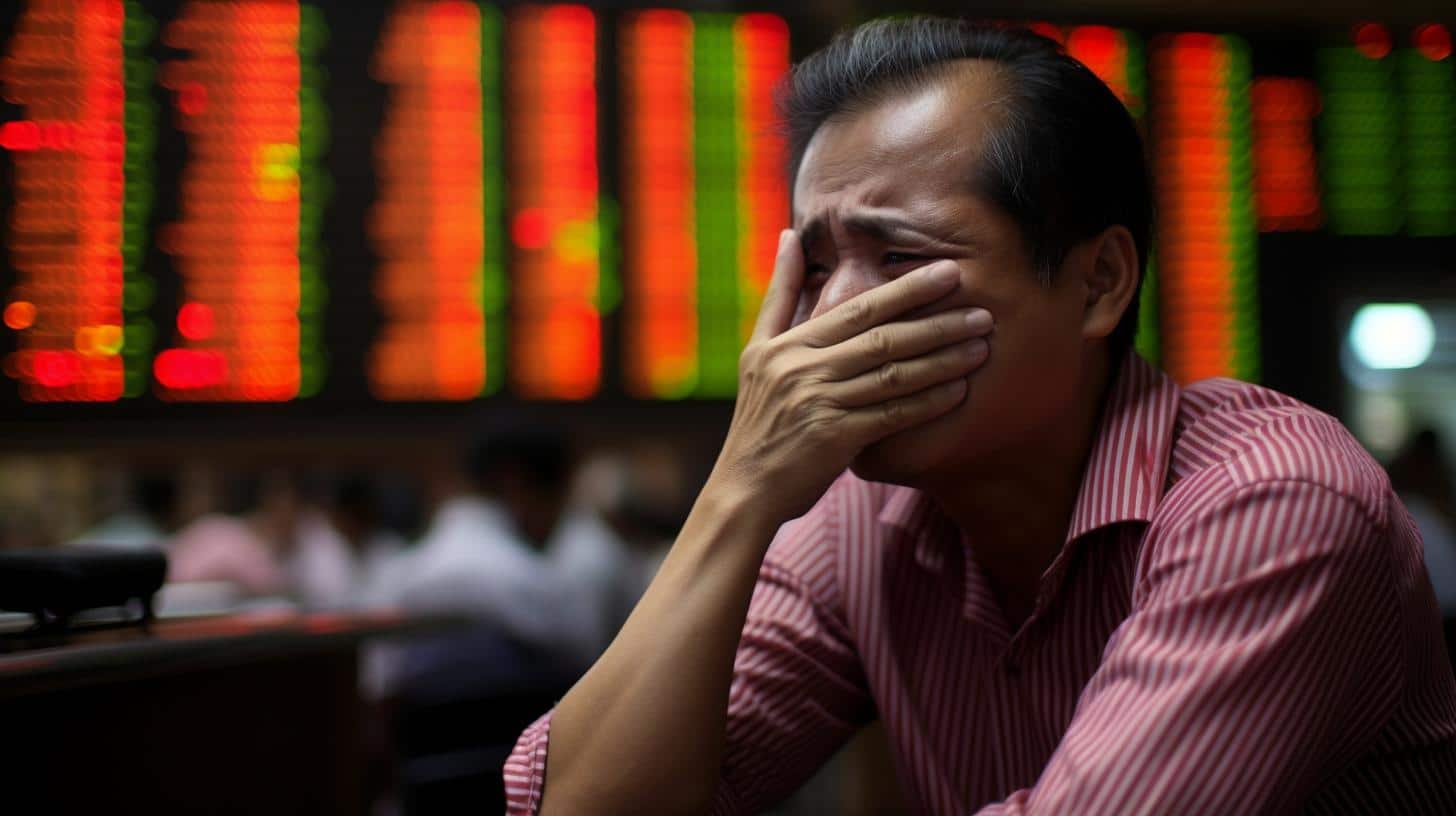Indonesia Stock Market Continues Positive Streak, Up Over 0.5%
The Indonesia stock market has maintained its positive streak, with consecutive trading days resulting in a 0.5 percent increase. The Jakarta Composite Index is currently hovering just above 6,915 points. However, this upward trend may come to a halt as concerns about the global economic outlook and expectations for interest rates weigh on market sentiment. The Asian markets, including Indonesia, are expected to follow the lead of the European and US markets, which posted significant declines in recent sessions.
Asian Markets Set to Follow Global Slide on Economic Concerns
The Asian markets, including Indonesia, are bracing themselves for a gloomy trading day as concerns about the global economic outlook persist. The European and US markets experienced significant declines, with investors growing increasingly worried about the health of the Chinese economy. Additionally, there are concerns that the Federal Reserve may keep interest rates higher for an extended period to combat inflation. These factors are likely to dampen investor sentiment in the Asian markets and may trigger a sell-off.
JCI Barely Higher as Financial and Resource Stocks Show Mixed Performance
The Jakarta Composite Index (JCI) closed slightly higher on Tuesday, but the overall market performance was mixed. The financial sector and resource stocks displayed divergent trends, leading to a relatively flat day for the JCI. While some financial shares experienced losses, others managed to gain ground. Bank Mandiri, for example, saw its stock plummet by 2.52 percent, while Bank Danamon Indonesia recorded a minor increase of 0.33 percent. Similarly, resource stocks exhibited a mixed performance, with some companies experiencing declines and others witnessing gains.
Dow Drops Over 1%, NASDAQ Slumps 1.14% on China Economic Worries
The US stock market painted a bleak picture on Tuesday, with the Dow Jones Industrial Average plunging over 1 percent and the NASDAQ dropping 1.14 percent. Investor concerns were primarily fueled by worries about the Chinese economy’s health. Weak economic data from China, compounded by fears of slowing economic growth, prompted investors to sell off equities. Furthermore, apprehension surrounding the Federal Reserve’s potential decision to maintain higher interest rates for an extended period to combat inflation contributed to the negative sentiment in the market.
Oil Prices Fall on Weak Chinese Economic Data, Energy Demand Concerns
Oil prices experienced a sharp decline on Tuesday as weak economic data from China raised concerns about energy demand. West Texas Intermediate Crude (WTI) oil futures for September dropped by 1.8 percent, settling at $80.99 per barrel. With the Chinese economy struggling and potential implications on global energy demand, investors grew increasingly cautious about the oil market. Uncertainty surrounding economic recovery and the effects of new COVID-19 variants further added to the downward pressure on oil prices.
The Indonesia stock market’s recent positive streak may come to an end as global concerns about economic outlook and interest rates persist. With the Asian markets expected to follow the lead of the European and US markets, investors are preparing for a challenging trading day. The mixed performance of financial and resource stocks on the Jakarta Composite Index reflects the uncertain market sentiment. Moreover, the decline in the US stock market, fueled by worries about the Chinese economy and the possibility of higher interest rates, exacerbates concerns. Additionally, falling oil prices due to weak Chinese economic data and energy demand worries further compound the uncertainty. As investors navigate through these uncertain times, they will closely monitor global developments to make informed decisions in the Indonesian stock market.
Analyst comment
Overall, this news is negative for the Indonesia stock market. There are concerns about the global economic outlook and expectations for interest rates, which are likely to dampen investor sentiment and may trigger a sell-off. The decline in the US stock market, driven by worries about the Chinese economy and possible higher interest rates, exacerbates these concerns. Additionally, falling oil prices due to weak Chinese economic data and energy demand worries further compound the uncertainty. Investors will closely monitor global developments to make informed decisions in the Indonesian stock market.













